Cowboy songs capture the spirit of the American frontier like nothing else. These melodies tell stories of lonely trails, cattle drives, and life under the open sky that defined the Wild West era. Whether you’re a fan of Western music or just love a good story told through song, these classic tunes will take you back to a time of cowboys, horses, and endless horizons.
1. “(Ghost) Riders in the Sky” – Marty Robbins
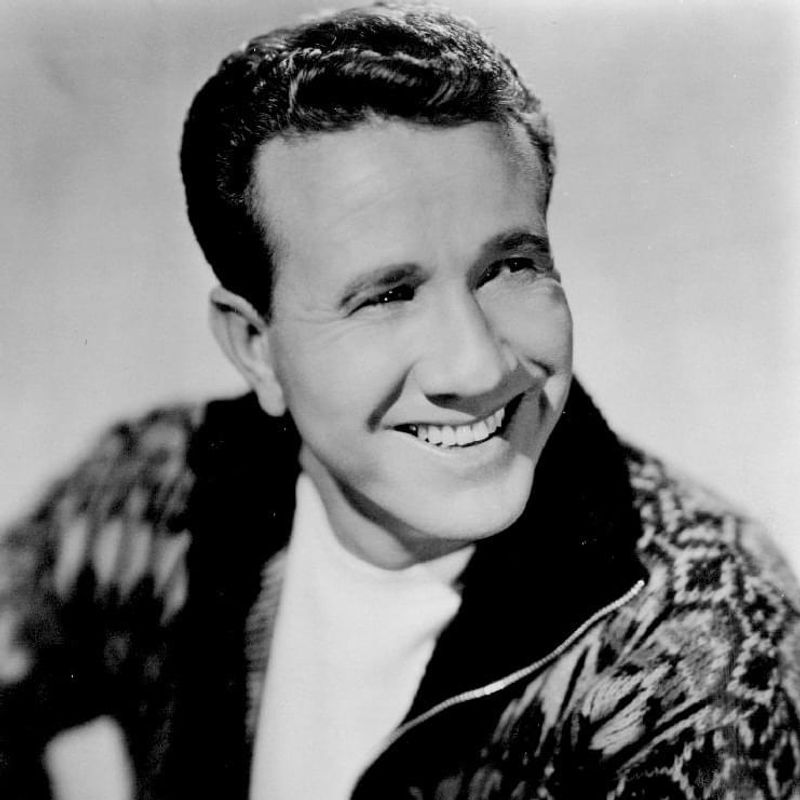
Haunting and atmospheric, this legendary ballad tells the tale of a cowboy who witnesses a spectral cattle drive across the night sky. The ghostly cowboys are doomed to chase the devil’s herd forever as punishment for their earthly sins.
Marty Robbins’ powerful rendition from 1960 brings the eerie warning to life, with thundering hoofbeats and dramatic vocals that make listeners feel the urgency of the ghostly warning. The song has become a cornerstone of Western music, covered by countless artists but rarely with such spine-tingling effectiveness.
2. “Back in the Saddle Again” – Gene Autry
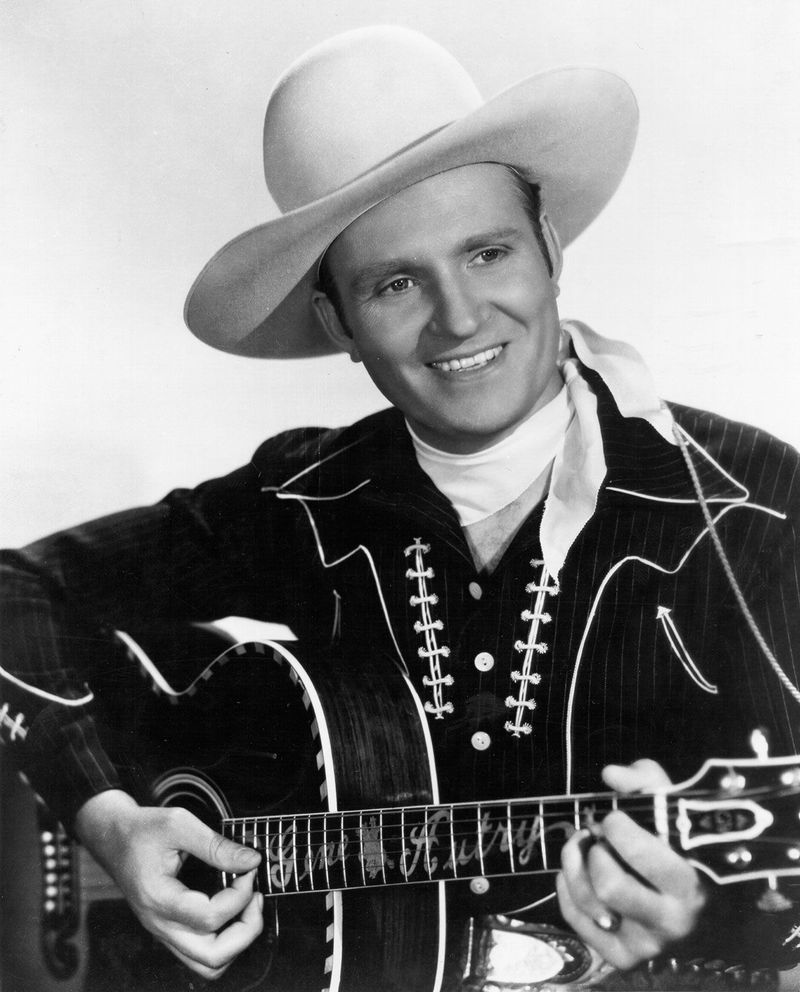
The signature song of the Singing Cowboy himself, Gene Autry’s cheerful anthem celebrates the freedom of cowboy life. Released in 1939, this upbeat tune became instantly recognizable with its distinctive yodel and catchy melody.
What makes this song special is how it captures the cowboy’s joy in returning to the lifestyle he loves – riding the range and sleeping under the stars. For many Americans during the difficult years of the Great Depression, Autry’s optimistic cowboy persona represented an idealized version of Western independence and resilience.
3. “Cowboy Buckaroo” – Mason Williams
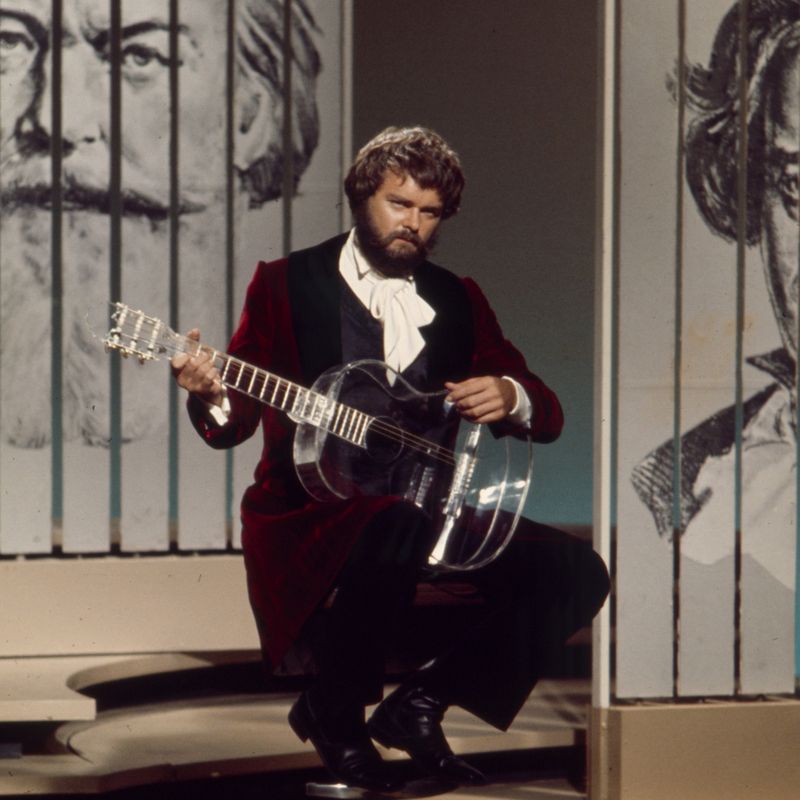
A playful guitar instrumental that gallops along like a spirited horse on an open plain. Mason Williams, better known for his classical guitar hit “Classical Gas,” created this delightful piece that perfectly captures the adventurous spirit of cowboy life without using a single word.
The intricate fingerpicking mimics the rhythm of hoofbeats while the melody evokes wide-open spaces and frontier freedom. Many Western films and television shows have used similar guitar techniques to establish their frontier settings, but Williams’ composition stands out for its technical brilliance and emotional resonance.
4. “Tumbling Tumbleweeds” – Sons of the Pioneers
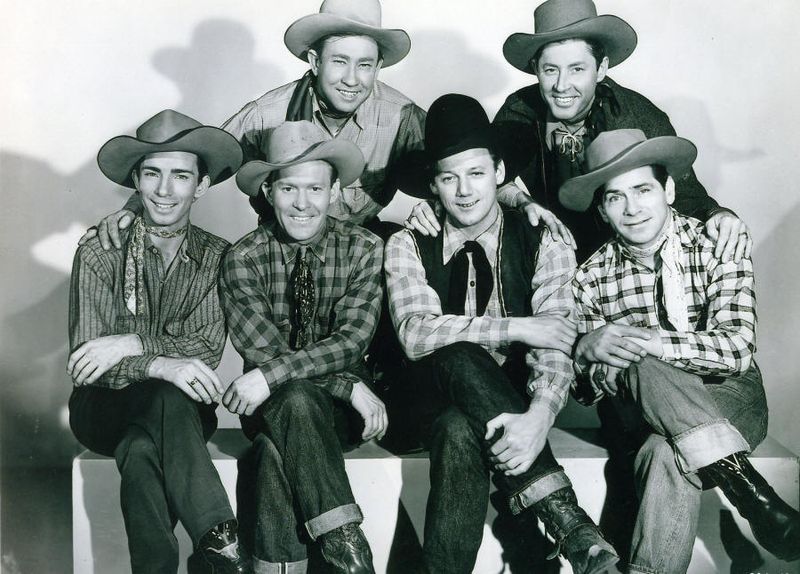
Few songs capture the lonely beauty of the Western landscape like this dreamy ballad from 1934. The Sons of the Pioneers’ perfect harmonies float like the tumbleweeds themselves, creating a sound that became the gold standard for Western music groups.
Founded by Leonard Slye (who later became Roy Rogers), the group pioneered the “singing cowboy” style that would dominate Western entertainment for decades. Their sophisticated vocal arrangements transformed simple cowboy songs into something approaching classical music, earning them a place in both the Country Music and Grammy Halls of Fame.
5. “Don’t Fence Me In” – Roy Rogers
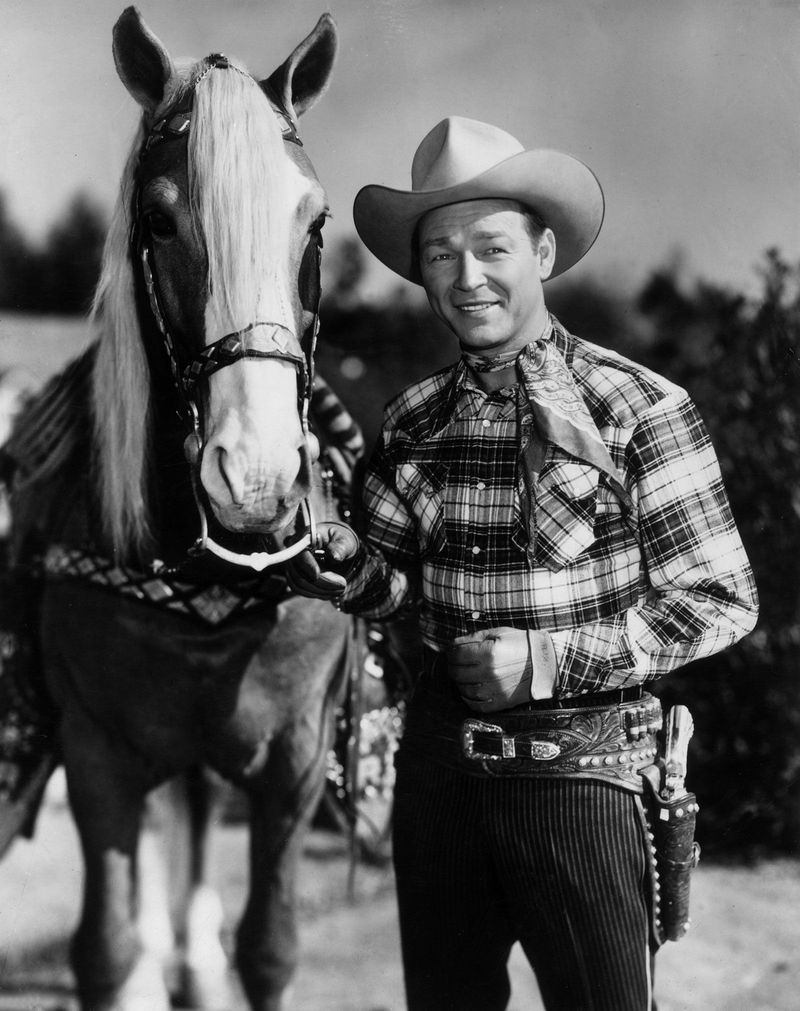
Written by Cole Porter but forever associated with Roy Rogers, this song celebrates the cowboy’s love of freedom and open spaces. The lyrics express a sentiment deeply embedded in American culture – the desire to roam freely without constraints.
Rogers’ warm, friendly delivery helped make this one of the most popular Western songs ever recorded. During World War II, the song resonated with homesick soldiers dreaming of American landscapes. Even today, the phrase “don’t fence me in” remains part of American speech, used whenever someone feels their independence is threatened.
6. “Streets of Laredo” – Rex Allen
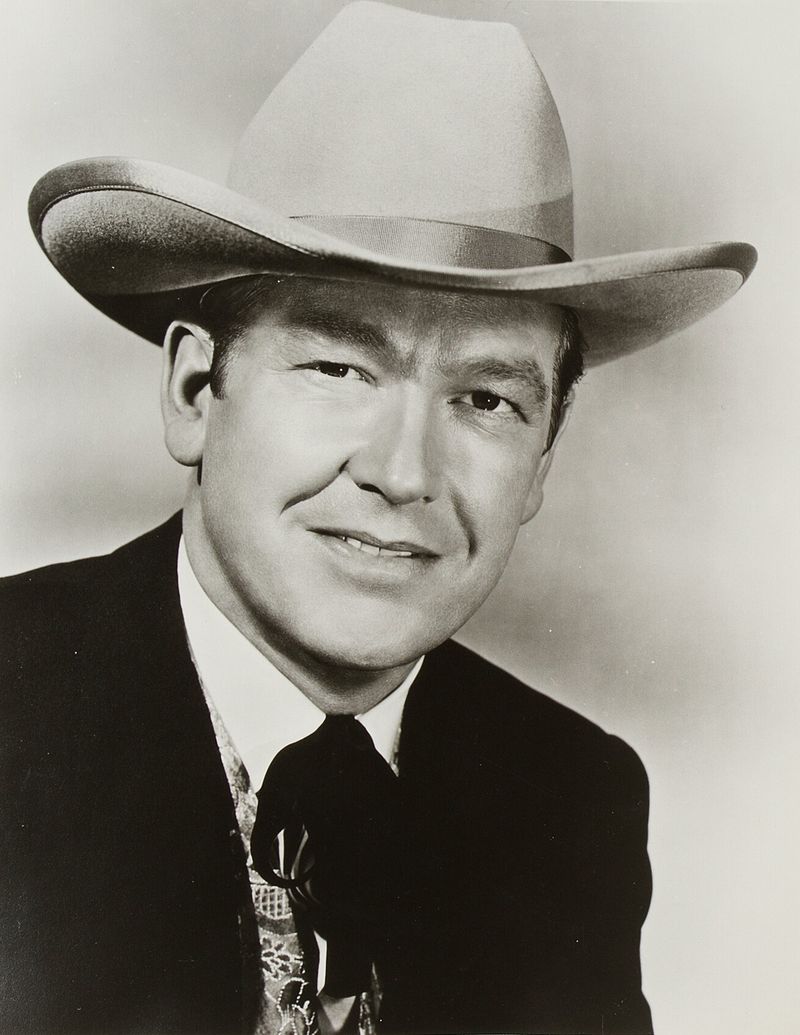
Also known as “The Cowboy’s Lament,” this mournful ballad tells the story of a dying cowboy giving instructions for his burial. Rex Allen’s rich baritone brings dignity and emotional depth to this traditional folk song that dates back to the 19th century.
The song follows a tradition of “dying cowboy” ballads that were surprisingly common in Western music. These songs reflected the harsh realities of frontier life, where death often came early and far from home. What makes Allen’s version special is how he balances restraint with genuine emotion, never allowing sentimentality to overwhelm the song’s stark message.
7. “Where the Green Grass Grows” – Tim McGraw
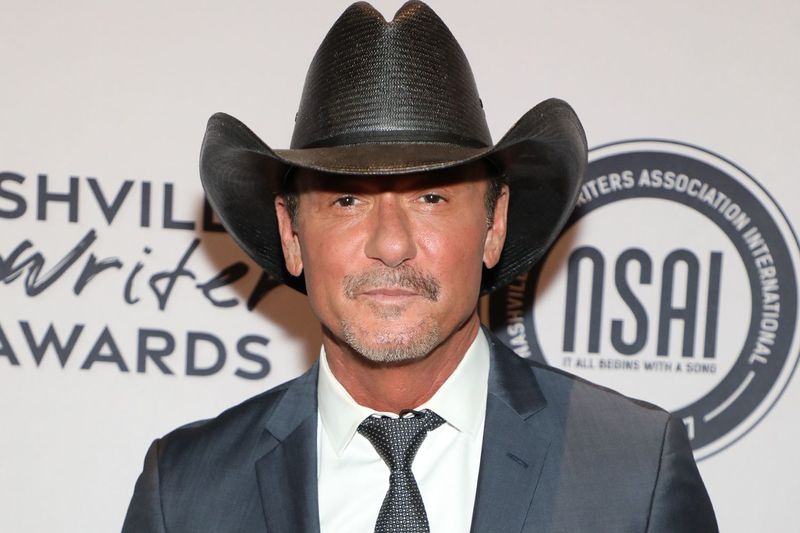
A modern cowboy anthem that celebrates the enduring appeal of rural life and Western values. Released in 1997, McGraw’s hit captures the yearning many Americans feel to escape city life for wide open spaces and simpler living.
The song creates a vivid contrast between urban stress and rural peace. While not strictly a traditional cowboy song, it carries forward the Western music tradition of celebrating life close to the land. McGraw’s smooth vocals and the contemporary production helped introduce a new generation to country music’s cowboy roots.
8. “Cattle Call” – Eddy Arnold
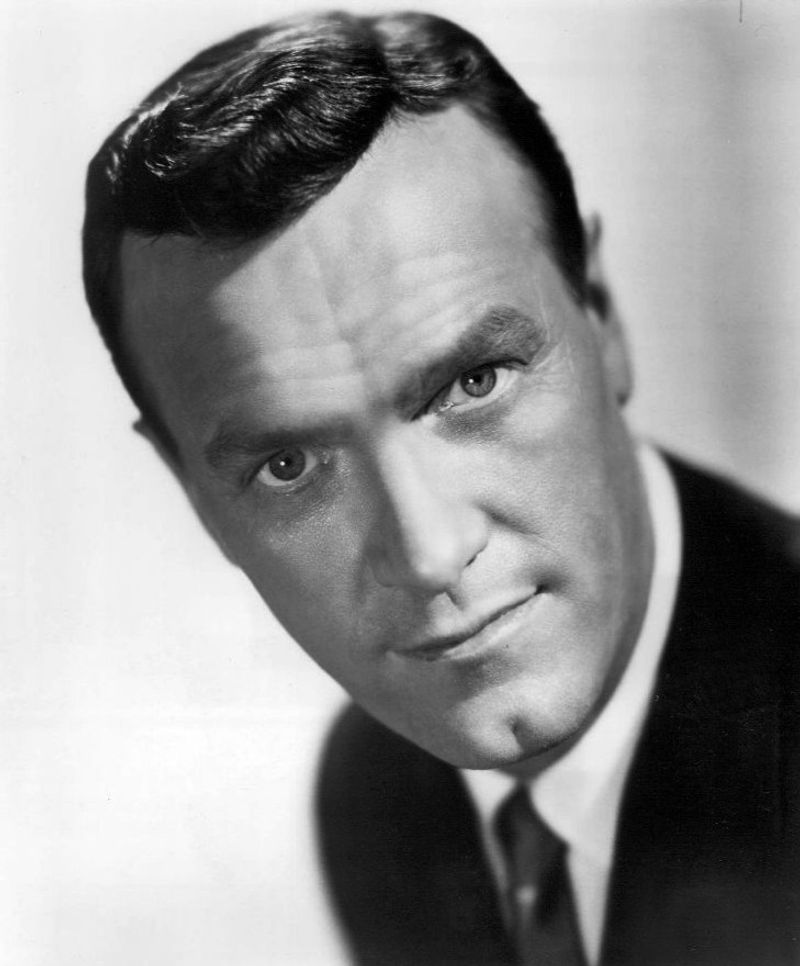
Featuring one of the most recognizable yodeling intros in Western music, Eddy Arnold’s signature song celebrates the daily life and work of the cowboy. The yodel itself mimics the actual calls cowboys used to round up cattle, making this perhaps the most authentic work song on our list.
Arnold, known as “The Tennessee Plowboy,” recorded this song multiple times throughout his career, but his 1955 version remains definitive. The simple lyrics paint a vivid picture of dawn breaking over the range as cowboys begin their day’s work. Later duet versions with LeAnn Rimes introduced the classic to younger audiences.
9. “Happy Trails” – Roy Rogers & Dale Evans
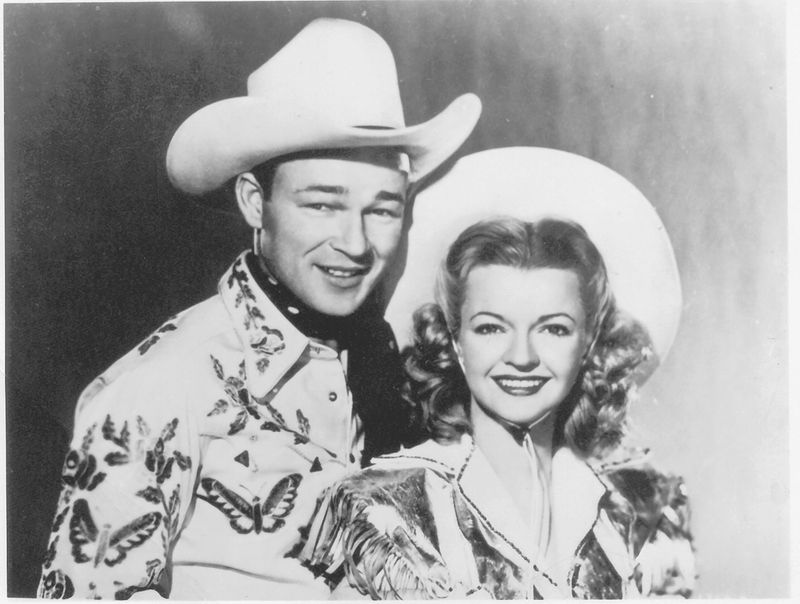
The ultimate cowboy farewell became the theme song for Roy Rogers and Dale Evans’ television show in the 1950s. This cheerful sign-off tune expressed the optimistic spirit that made the couple America’s favorite Western stars for decades.
Written by Dale Evans herself, the song became so popular that many Americans still use the phrase “happy trails” when saying goodbye. The song’s warm wish for friends to meet again perfectly captured the couple’s wholesome image. Their perfect harmony reflected their real-life partnership, adding an authentic touch that resonated with audiences.
10. “Rawhide” – Frankie Laine
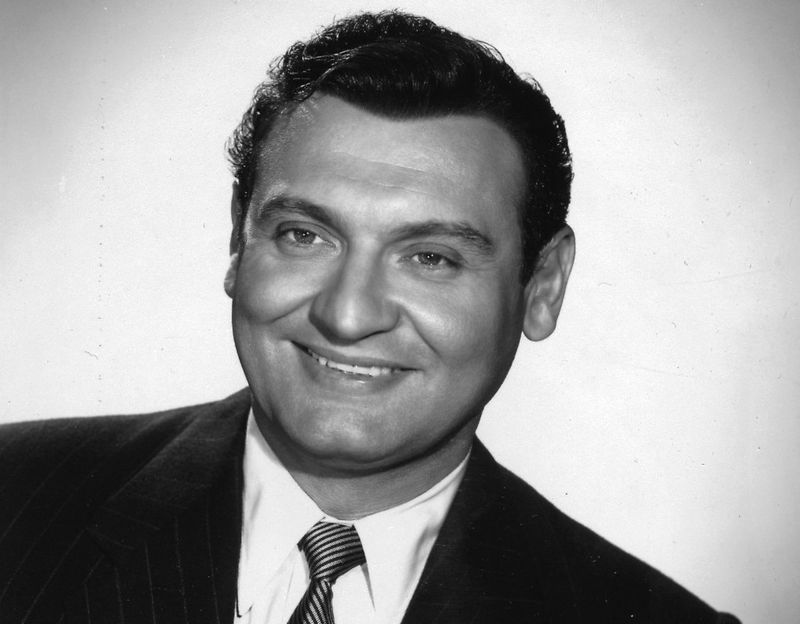
With its driving rhythm and shouted “Hee-yah!” calls, this energetic theme from the 1960s TV show captures the excitement and danger of driving cattle across the frontier. Frankie Laine’s powerful vocals convey both urgency and determination as he describes the cowboys’ struggle against nature and time.
The song’s pounding beat mimics the sound of cattle hooves and cracking whips. Later generations discovered “Rawhide” through its memorable use in the film “The Blues Brothers,” cementing its place in popular culture. Few songs capture the gritty reality of cowboy work with such visceral intensity and dramatic flair.

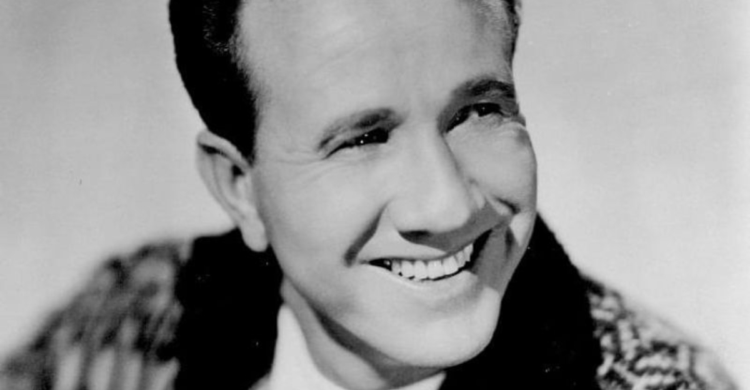
Comments
Loading…